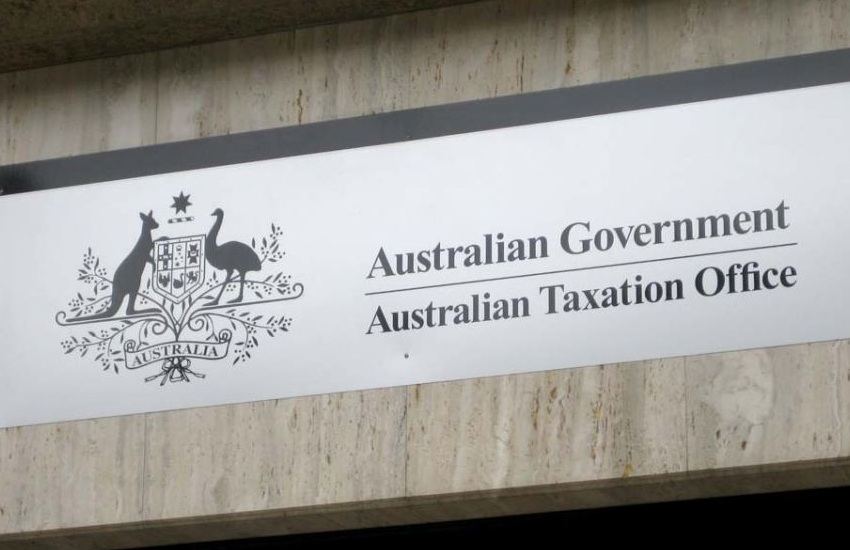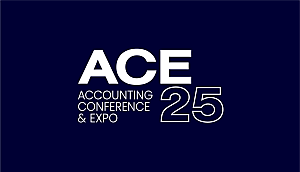Businesses with over $100,000 in tax debts have begun receiving letters from the Tax Office, warning them of the agency’s intent to disclose tax debt information to credit reporting bureaus if they do not make an effort to manage their debts within 28 days.
You’re out of free articles for this month
The ATO’s new powers come after the government passed a law in late 2019 to clamp down on businesses with tax debts of more than $100,000 that are at least 90 days overdue.
The ATO told Accountants Daily that the orange-coloured warning letters are the first time the agency has sought to use its new powers since the law was passed over 18 months ago.
It said no letters were issued in 2020 after debt and lodgement activity was paused in response to the COVID-19 pandemic, but had now implemented a “small-scale” program in line with the resumption of its compliance work.
The Tax Office said a small but undisclosed number of businesses had now received the intent to disclose letters, but confirmed that it had yet to disclose any tax debt information to credit reporting bureaus.
“The ATO has contacted a small number of businesses that met the reporting criteria, requesting they take action to pay their debt or set up a payment plan and advising them that their tax debt may be reported if there continues to be no engagement,” an ATO spokesperson told Accountants Daily.
“Businesses that are actively working with the ATO to manage their tax debt will not be reported to credit reporting bureaus.”
‘Not the time to start’
The timing of the ATO’s new compliance work has concerned the profession, with CPA Australia’s senior manager of tax policy, Elinor Kasapidis, warning of its impact on businesses already struggling under lockdown restrictions.
“The ATO has held off on disclosing to credit agencies for a while and now is not the time to start,” said Ms Kasapidis.
“It’s an extremely challenging time for businesses with around half the nation currently in lockdown. Businesses need all the help they can get to survive and we urge the ATO to postpone this program.
“If the ATO proceeds, it needs to be flexible in its approach when dealing with businesses under financial stress. We’d be very concerned if businesses lost the ability to negotiate a payment plan that worked for them.”
Around 5,000 businesses are expected to fall under the $100,000 tax debt disclosure threshold, which includes income tax debts, activity statement debts, superannuation debts, fringe benefits tax debts, and penalties and interest charges.
In preparation of the ATO’s new measure, the Inspector‑General of Taxation (IGTO) has now updated its website to accommodate specific complaints relating to the disclosure of business tax debts.
IGTO Karen Payne said a safeguard built into the legislative framework ensures that any active complaint made to her office would generally prevent the ATO from disclosing the debt for the duration of the investigation.
Ms Payne said that her office had yet to receive any complaints around the ATO’s decision to disclose tax debt information to credit reporting bureaus but noted that the program had just begun.
She said, however, that taxpayers would achieve the best outcome by engaging with the Tax Office to actively manage the tax debt and set up a payment plan.
The IGTO’s recent report on undisputed tax debts found that payment plans have consistently been in decline despite collectable tax debts swelling to $34.1 billion.
CPA Australia’s Ms Kasapidis said business owners anxious about their tax debt levels should approach their accountant to better understand their options and balance paying down tax debts against their cash flow needs.
But she still believes this isn’t the right time for the ATO to wield its new powers.
“We’re not opposed to the ATO disclosing to credit agencies, but we’ve always said this program needs to be administered carefully,” said Ms Kasapidis.
“Right now, the ATO’s focus should be on engaging with businesses, not holding the spectre of credit reporting over their heads.”

 Login
Login







